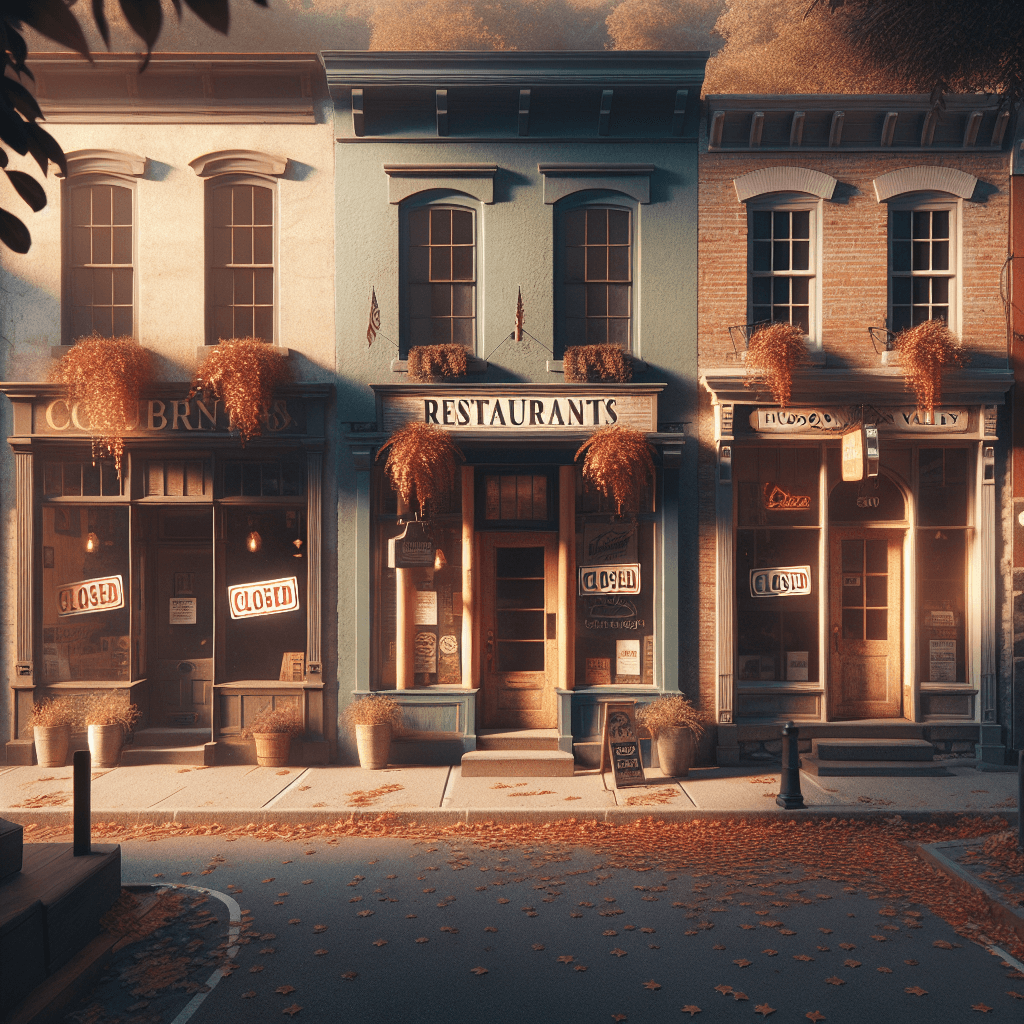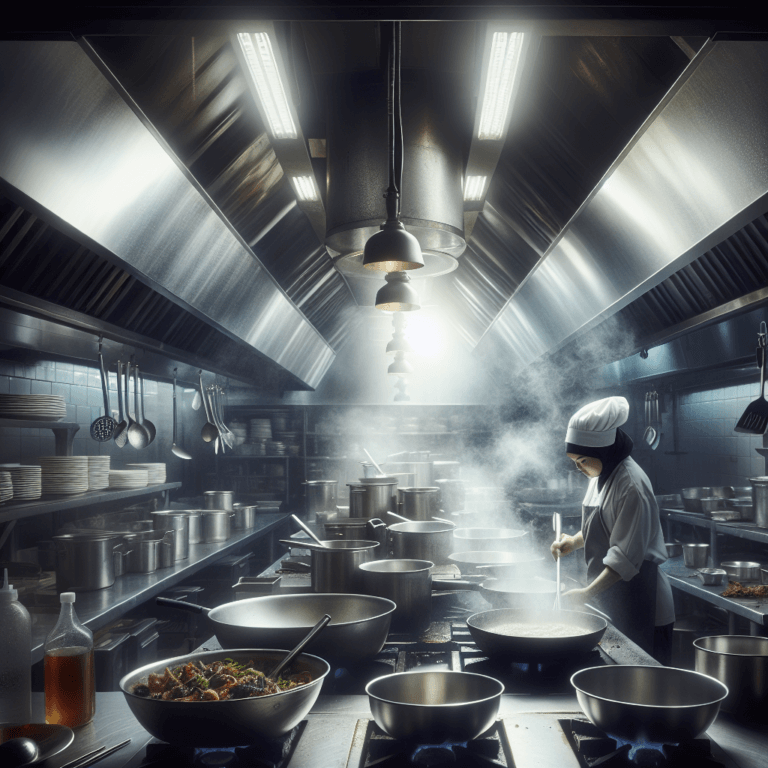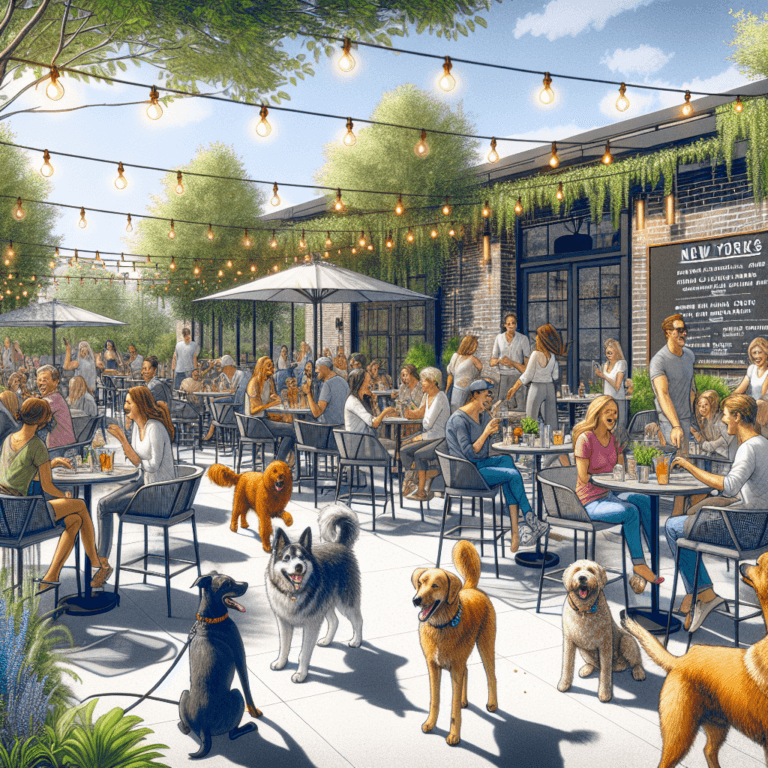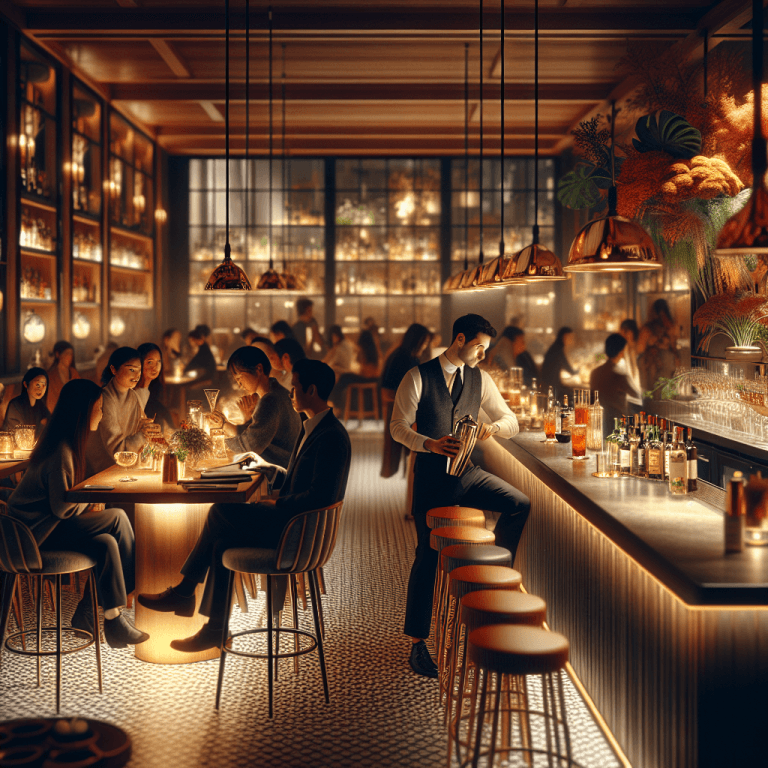Hudson Valley Faces Culinary Shift as Three Restaurants Close Doors
The Rise and Fall of Hudson Valley’s Culinary Scene: A Tale of Three Restaurants
The Hudson Valley, with its picturesque landscapes and burgeoning food culture, has become a haven for food enthusiasts and culinary innovators alike. However, the culinary scene recently faced a seismic shift as three beloved restaurants shuttered their doors. Let’s delve into the story of these establishments and the implications for the local food community.
The Culinary Staples That Were
The closure of these restaurants has left a notable void, not just in terms of dining options, but also in the community’s cultural fabric:
- Le Petit Gourmet: Known for its exquisite French cuisine, Le Petit Gourmet had been a cornerstone of fine dining in Hudson Valley. Famous for its authentic Coq au Vin and an impressive selection of wines, it was a favorite for romantic dinners and anniversaries.
- The Farmhouse Tavern: This rustic eatery celebrated the farm-to-table movement long before it was trendy. Every dish served was a reflection of the Valley’s rich agricultural heritage, and its Sunday brunches were legendary.
- Riverside Bistro: Perched along the banks of the Hudson River, Riverside Bistro offered stunning views and equally impressive seafood dishes. Its lobster rolls were touted as the best this side of the Atlantic.
Challenges in the Culinary World
In an industry as dynamic as food service, restaurants often face several hurdles, and these three were no exception. Here are some challenges they encountered:
- Financial Pressures: Operating costs, especially after the pandemic’s financial strain, have risen significantly. Factors like wages, rent, and supply chain disruptions added immense financial pressure.
- Staff Shortages: The hospitality industry has faced a well-documented staffing crisis. With fewer workers available and higher demands on those who remain, maintaining service levels has been a painful struggle.
- Changing Consumer Preferences: With a shift towards home cooking, meal kits, and fast-casual dining, many traditional restaurants are left rethinking their operational models.
- Environmental Concerns: Increasing awareness and demand for sustainable practices require investments that smaller establishments may struggle to afford.
A Shifting Culinary Landscape
The closures undoubtedly alter Hudson Valley’s culinary landscape, yet they simultaneously hint at forthcoming transformations:
- Emergence of New Ventures: New businesses will likely take root in this fertile ground, bringing fresh ideas and flavors. Entrepreneurs eager to innovate could find a receptive market awaiting their culinary creations.
- Evolution of Dining Trends: There’s a palpable shift toward unique dining experiences, from pop-up restaurants to collaborative kitchens. The restaurateurs who adapt to these preferences may find enthusiastic patrons.
- Increased Focus on Sustainability: As consumers become more conscientious about their environmental impact, eateries offering sustainable and ethically sourced ingredients could gain a competitive edge.
Community Reaction and Support
The Hudson Valley community has always celebrated its local businesses and demonstrated resilience in times of change. The closures have sparked various reactions and initiatives:
- Loyal Patron Support: Many patrons showed their appreciation by frequenting the restaurants in their final days, offering both emotional and financial support.
- Foodie Collaborations: As a positive outcome, some laid-off staff have joined forces to create culinary collaboration events, blending their unique talents to showcase pop-up dining experiences.
- Social Media Campaigns: The power of social media is not underestimated, with campaigns sprouting to celebrate the legacy and memories forged in these beloved eateries.
- Encouragement for New Ventures: Local business networks are rallying to provide resources and support for upcoming food entrepreneurs.
The Future of Dining in Hudson Valley
While the closures mark the end of an era, they also herald new beginnings. The food industry in Hudson Valley is poised for transformation, with new concepts and a renewed focus on community-driven dining experiences. Aspiring restaurateurs have the opportunity to redefine dining norms and carve out neighbored niches in a landscape hungry for innovation.
As we bid adieu to cherished establishments, it’s crucial to recognize their role in shaping Hudson Valley’s culinary cultural heritage and to remain open to fresh possibilities. For restaurateurs and food enthusiasts alike, the path forward is one of resilience, creativity, and delicious potential.
Curious about how these changes might affect components of running a restaurant, such as infrastructure care? Businesses in New York NY, like those specializing in hood cleaning, play a role in ensuring establishments maintain high safety and cleanliness standards as they adapt to new industry realities.







